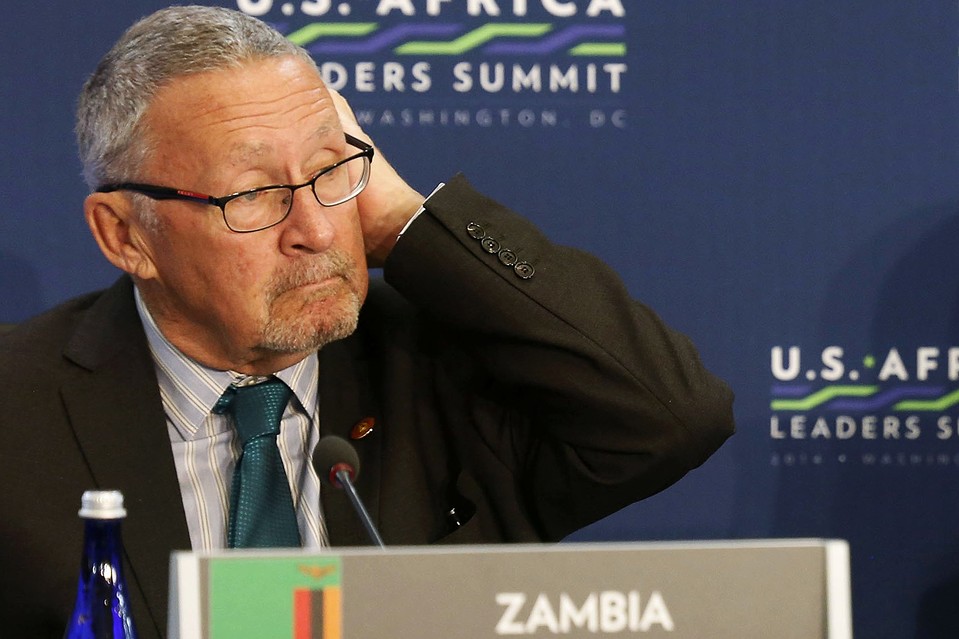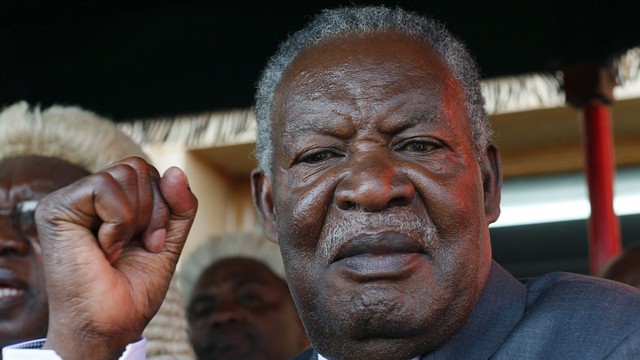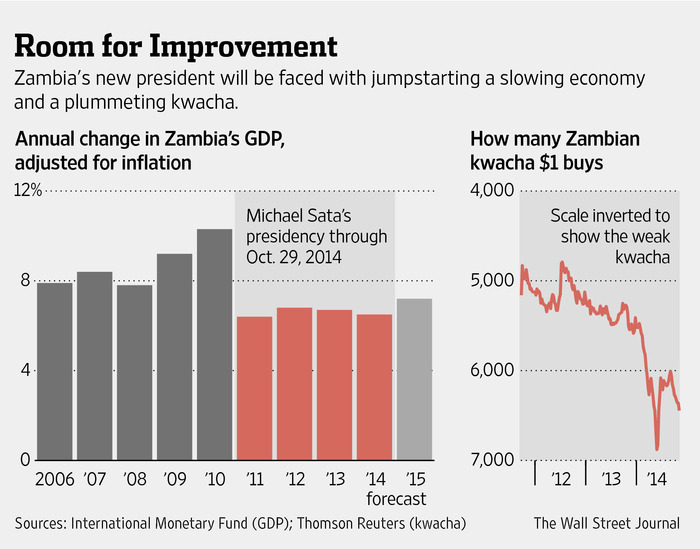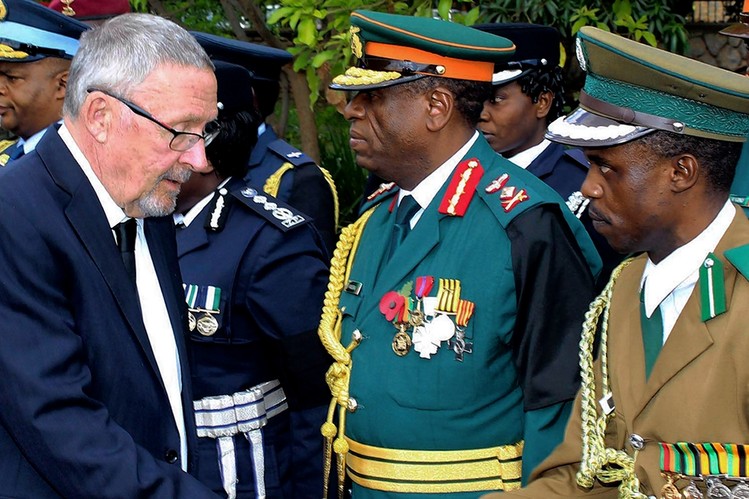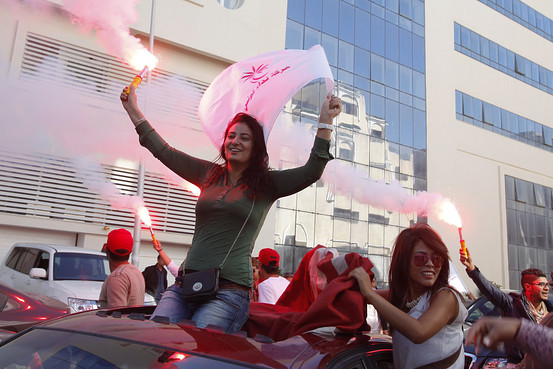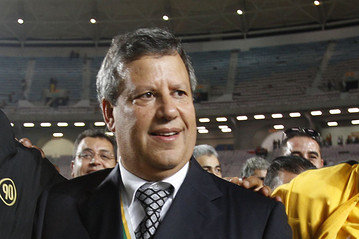Arab views on governance after the uprisings - The Washington Post
Arab views on governance after the uprisings
By Michael Robbins and Mark Tessler October 29 at 3:40 PM
Defaced presidential campaign posters of ousted president Mohamed Morsi are seen on a wall with a campaign poster of now-President Abdel Fattah al-Sisi. (Sabry Khaled/AP)
The protesters who took to the streets during the Arab uprisings beginning in 2010 demanded change to the existing political order. And, if nothing else, the last few years have brought dramatic changes to a number of countries in the region. In multiple countries, Islamist parties came to power, and in different instances, have since lost power by resignation, coup and the ballot box. Elsewhere, civil wars rage, calling the experiment with political reform into question. Nearly four years from the first protests, only Tunisia seems to offer the hope of a successful transition to democracy.
These ongoing changes across the Arab world have led citizens to reassess their preferences. For example, the
Arab Barometer – a project that has conducted public opinion surveys in 14 countries in the region – shows that few Arabs now favor dramatic reforms. In nearly all countries, at least 7-in-10 respondents say reforms should proceed gradually. In Algeria, in the months just after the Arab uprisings, roughly half of respondents said political reforms should proceed gradually compared to 78 percent just two years
later.
Concerned about the effects of rapid political change, have Arab publics changed their beliefs about the best type of political system? Do Arabs remain supportive of democracy or has governance by a strong regime become more appealing since the uprisings? Moreover, have the short-lived experiments of Islamists in government led to an increase, or a decrease, in support for political Islam?
Comparing results from three waves of survey data over the past decade, the Arab Barometer finds that support for democracy remains high but support for political Islam has decreased. Interacting these two trends, a key finding is that Islamic democrats – those who support both democracy and political Islam – are becoming scarcer across the region.
Arab publics continue overwhelmingly to support democracy. In all but one country surveyed, three-quarters or more of respondents in the third wave of surveys (late 2012-2014) agree or strongly agree with the statement “A democratic system may have problems, yet it is better than other political systems.” This belief is most widespread in Lebanon (85 percent) and Egypt (84 percent), followed by Tunisia (83 percent), Algeria (82 percent), Jordan (81 percent), and Palestine (81 percent). Although lowest among the countries surveyed, overwhelming majorities also favor democracy in Iraq (76 percent) and Yemen (73 percent).

Since the Arab uprisings, support for democracy has decreased the most in Iraq and Yemen, falling by 10 points and 9 points, respectively. However, these changes are most likely the result of domestic factors rather than regional factors. In Iraq, the failure of the government under former prime minister Nouri al-Maliki to build a strong and inclusive political system may have led a fair number of Iraqis – most notably Sunnis and other minority groups – to question whether democracy is suitable for their country. In Yemen, the state remains extremely weak and is struggling to contain challenges from the Houthi rebellion in the north and the secessionist movement in the south, which may predispose some Yemenis to believe that an authoritarian government is needed to reestablish and maintain political order.
Support for political Islam is substantially lower. In no country do more than half of respondents say religious leaders should have influence over government decisions. It is often far less support, including just 34 percent in Algeria, 27 percent in Tunisia, 20 percent in Egypt and 9 percent in Lebanon. Moreover, support for political Islam declined over the past decade. Algeria has witnessed the most dramatic decline, with support for political Islam falling from 60 percent in 2006 to just 34 percent in 2013. A similar decline has occurred in Egypt, where 37 percent supported political Islam in June 2011 compared to 18 percent in April 2013, a 19-point decrease. Most other countries witnessed a similar decline, including Palestine (-15 points), Iraq (-11), Lebanon (-9) and Yemen (-7).

There are two exceptions to this trend: Jordan and Tunisia. In Jordan, support for political Islam has held relatively steady across all three surveys. In 2006, 52 percent favored political Islam compared to 47 percent in 2012, which represents a decline of 5 points and nearly falls within the margin of error of the surveys.
In Tunisia, there has been no significant aggregate change in support for political Islam. In October 2011, 25 percent of Tunisians favored a role for religious leaders in decisions of government, compared to 27 percent in February 2013. These results strongly suggest that the experience of living under a government headed by the Islamist Ennahda party did not lead to a significant decline in overall levels of support for political Islam.
Yet, these dichotomized results conceal an important trend: The intensity of attitudes about political Islam has changed markedly among Tunisians. Among the 75 percent of Tunisians who did
not support political Islam in 2011, 56 percent disagreed with the statement that religious leaders should have influence over government decisions while 19 percent disagreed strongly. By 2013, a shift of about 20 points had taken place between these positions, with only 36 percent disagreeing and 38 percent disagreeing
strongly. Thus, living for more than a year under a government led by Ennahda appears to have increased the intensity of attitudes about the place of Islam in political affairs.
Examining attitudes toward democracy and political Islam simultaneously provides additional insight into the types of political system that Arab publics favor. The combination of the two measures yields four distinct orientations: democratic secular, democratic with Islam, authoritarian secular and authoritarian with Islam.
A comparison of survey results from eight counties across the different waves shows a clear trend: Support for democracy with Islam has declined across the region. In seven countries, support for this worldview is now significantly lower than in previous waves. Compared to the first year for which data are available in each country, support for democracy with Islam dropped significantly in Algeria (-28 points), Palestine (-14), Iraq (-14), Egypt (-11), Lebanon (-9), Yemen (-8) and Jordan (-6). Only in Tunisia did support for this form of political system remain unchanged. In other words, the region is now home to many fewer Islamic democrats.
Although the precise reasons for this decline vary by country, a comparison of the experiences of Egypt and Tunisia is particularly instructive. In Egypt, the second wave survey was conducted in June 2011, before parliamentary or presidential elections, and the third wave was carried out in April 2013, after Mohamed Morsi had been president of Egypt for 10 months. During this 22-month period support for democracy with Islam declined by 11 points. This loss of support was accompanied by a 19-point increase in support for secular democracy. Meanwhile, support for authoritarianism with Islam also declined by 8 points. These results strongly suggest that living under a government led by the Muslim Brotherhood turned some Egyptians against the organization’s basic ideology.
Tunisia is the key exception to the general decline of Islamist democrats across the region. Support for democracy with Islam held steady at roughly 23 percent from October 2011 to February 2013. Meanwhile, support for secular democracy declined by 7 points. The clear difference from Egypt is likely linked to the varied strategies pursued by Ennahda and those of Morsi and the Muslim Brotherhood in Egypt. Rather than attempting a power grab once in office, Ennahda joined forces with other parties to form a Troika government. This more moderate governing strategy helped maintain levels of support for democracy with Islam despite the many economic hardships faced by Tunisians.
Elsewhere, the reasons for the general decline are less evident, although international and domestic events have likely played a role. In Iraq and Palestine, parties that take up the banner of religion have won elections but subsequently failed to form broad coalitions. Thus, the causes of the decline of support for democracy with Islam in these countries may be similar to those in Egypt.
Yet, the fall in support for democracy with Islam in countries that did not have direct experience with Islamist governance suggests cross-national factors also played a role. It appears that Arab publics in these countries are likely reflecting on events in neighboring countries. Although the assignment of responsibility is contested, or at least debatable, Egypt slipped into greater instability and the economic situation for many citizens declined under Morsi’s government. Libya has become a byword for chaos. The ongoing infighting and general instability can also be attributed in part to the role that Islamist actors have played in that country.
Even in Tunisia, where Ennahda did share power with other parties, the economy continues to struggle and security remains a challenge. The Troika government was replaced by a technocratic government that has fared somewhat better in public opinion. As such, Tunisia’s limited progress under Ennahda hardly looks like a successful example to citizens in other countries in the region.
There has been no clear example of success in combining political Islam with democracy, which presents a challenge for Islamic democrats. Although there has not been a significant corresponding uptick in support for authoritarianism with Islam among publics at large, Islamist leaders across the region may decide that this is the only political formula by which they can realize their objectives. The overthrow of a democratically elected president in Egypt may have led Islamists to conclude, perhaps not only in Egypt, that they would never be given a fair chance to govern. More radical groups taking root across the region may therefore actually benefit from the decline of Islamic democrats, as those who believe Islam and politics are and should be fundamentally related lose faith in the democratic process as a means to achieve their goals.
The Arab Barometer team will discuss findings from the project’s third wave of surveys at a public event at the U.S. Institute of Peace Oct. 31. A live Webcast will be available.
Michael Robbins (@mdhrobbins) is the director of the Arab Barometer(@arabbarometer). His work on Arab public opinion, political Islam and political parties has been published in Comparative Political Studies, the Journal of Conflict Resolution and the Journal of Democracy. Mark Tessler is the Samuel J. Eldersveld Collegiate Professor of Political Science at the University of Michigan. He co-directs the Arab Barometer. He is the author of “Islam and Politics in the Middle East: Explaining the Views of Ordinary Citizens” (Indiana University Press, 2015).

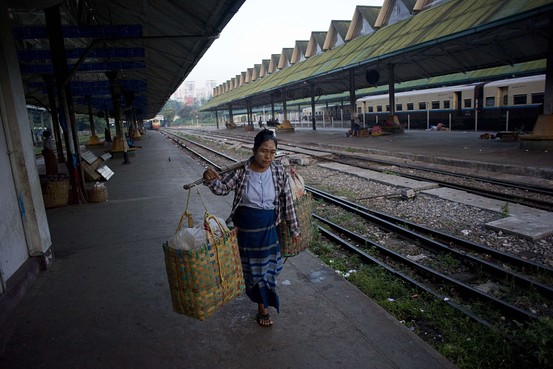







 This article is for EU TTIP internship competition.
This article is for EU TTIP internship competition.

